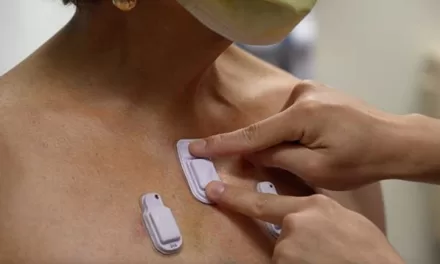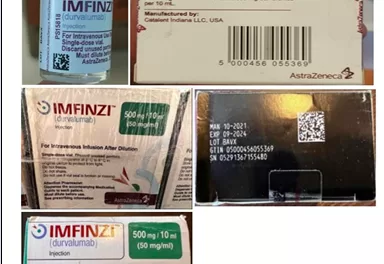06 Feb 2024
On the International Day of Zero Tolerance for Female Genital Mutilation, top United Nations officials and agencies unite to renew their vow to eradicate this harmful practice.
Today, leaders from the United Nations Population Fund (UNFPA), UNICEF, the Office of the High Commissioner for Human Rights (OHCHR), UN Women, and the World Health Organization (WHO) stand together to underscore the urgency of ending female genital mutilation (FGM) and supporting survivors.
In a joint statement, UNFPA Executive Director Dr. Natalia Kanem, UNICEF Executive Director Catherine Russell, OHCHR High Commissioner Volker Türk, UN Women Executive Director Sima Bahous, and WHO Director-General Dr. Tedros Adhanom Ghebreyesus emphasized the imperative of prioritizing the voices and experiences of survivors in the global fight against FGM.
“Every survivor’s voice is a call to action,” the statement reads. “Every choice they make in reclaiming their lives contributes to the global movement to end this harmful practice.”
The scale of the issue is staggering, with over 200 million girls and women worldwide having undergone FGM. Shockingly, nearly 4.4 million girls are at risk of undergoing this practice this year alone, amounting to over 12,000 cases every day.
FGM is not only a violation of human rights but also poses severe risks to the physical and mental health of those subjected to it. The statement underscores the increased risk of pain, bleeding, infections, and long-term health complications, including childbirth-related risks, faced by survivors.
To combat this issue effectively, the UN leaders stress the importance of amplifying the voices of survivors and empowering them to take an active role in prevention and response interventions. Survivor-led movements, particularly at the grassroots level, are highlighted as critical agents of change, deserving of dedicated resources and support.
Furthermore, the statement emphasizes the necessity of comprehensive and culturally sensitive services to support survivors, including healthcare, social, and legal assistance.
UNFPA and UNICEF, as the lead agencies of the Global Joint Programme on Eliminating FGM, alongside other UN entities, pledge to continue partnering with survivors as community champions and leaders. They reaffirm their commitment to ensuring survivor voices inform programs aimed at preventing and responding to FGM.
While celebrating the progress made in reducing the prevalence of FGM over the last three decades, the leaders stress the need for targeted, coordinated, and sustained efforts to achieve the shared goal of ending FGM by 2030. With survivors leading the charge, they express confidence that this harmful practice can be relegated to the annals of history once and for all.












